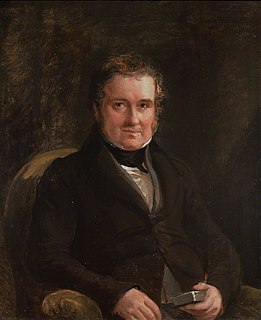About the rules of the court there can be no controversy. A voluntary agreement will not be completed or assisted by a court of equity, in cases of mere gift. If anything be wanting to complete the title of the donee, a court of equity will not assist him in obtaining it; for a mere donee can have no right to claim more than he has received. But the subsequent acts of the donor may give the donee that right or ground of claim which he did not acquire from the original gift. Thus, if A gives a house to B, but makes no formal conveyance, and the house is afterwards, on the marriage of B, included, with the knowledge of A, in the marriage settlement of B, A would be bound to complete the title of the parties claiming under that settlement. So if A puts B in possession of a piece of land, and tells him, ‘I give it to you that you may build a house on it,’ and B on the strength of that promise, with the knowledge of A, expends a large sum of money in building a house accordingly, I cannot doubt that the donee acquires a right from the subsequent transaction to call on the donor to perform that contract and complete the imperfect donation which was made...
The Master of the Rolls, however, seems to have thought that a question might still remain as to the extent of the estate taken by the donee, and that in this particular case the extent of the donee's interest depended on the terms of the memorandum. I am not of that opinion. The equity of the donee and the estate to be claimed by virtue of it depend on the transaction, that is, on the acts done, and not on the language of the memorandum, except as that shews the purpose and intent of the gift. The estate was given as the site of a dwelling-house to be erected by the son. The ownership of the dwelling-house and the ownership of the estate must be considered as intended to be co-extensive and co-equal. No one builds a house for his own life only, and it is absurd to suppose that it was intended by either party that the house, at the death of the son, should become the property of the father. If, therefore, I am right in the conclusion of law that the subsequent expenditure by the son, with the approbation of the father, supplied a valuable consideration originally wanting, the memorandum signed by the father and son must be thenceforth regarded as an agreement for the soil extending to the fee-simple of the land. In a contract for sale of an estate no words of limitation are necessary to include the fee-simple; but, further, upon the construction of the memorandum itself, taken apart from the subsequent acts, I should be of opinion that it was the plain intention of the testator to vest in the son the absolute ownership of the estate. The only inquiry therefore is, whether the son's expenditure on the faith of the memorandum supplied a valuable consideration and created a binding obligation. On this I have no doubt; and it therefore follows that the intention to give the fee-simple must be performed, and that the decree ought to declare the son the absolute owner of the estate comprised in the memorandum.
I propose, therefore, to vary the decree of the Master of the Rolls, and to declare, by virtue of the original gift made by the testator and of the subsequent expenditure by the Plaintiff with the approbation of the testator, and of the right and obligation resulting therefrom, the Plaintiff is entitled to have a conveyance from the trustees of the testator's will and other parties interested under the same of all their estate and interest under the testator's will in the estate of Hendrefoilan in the pleadings mentioned, and with this declaration refer it to the Judge in Chambers to settle such conveyance accordingly.








